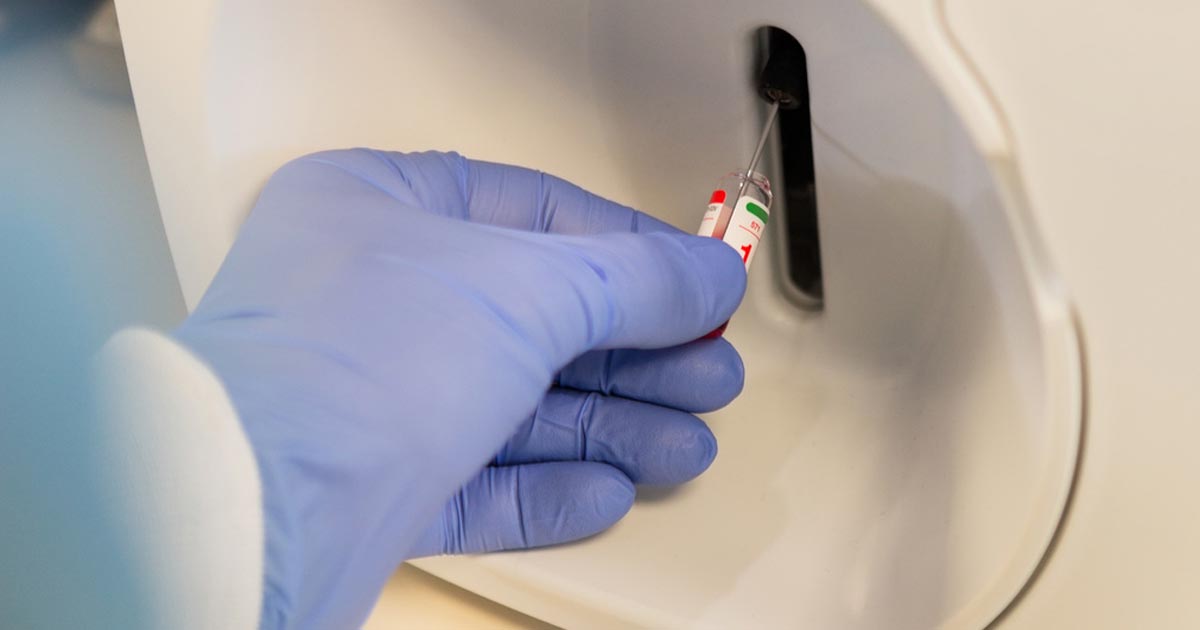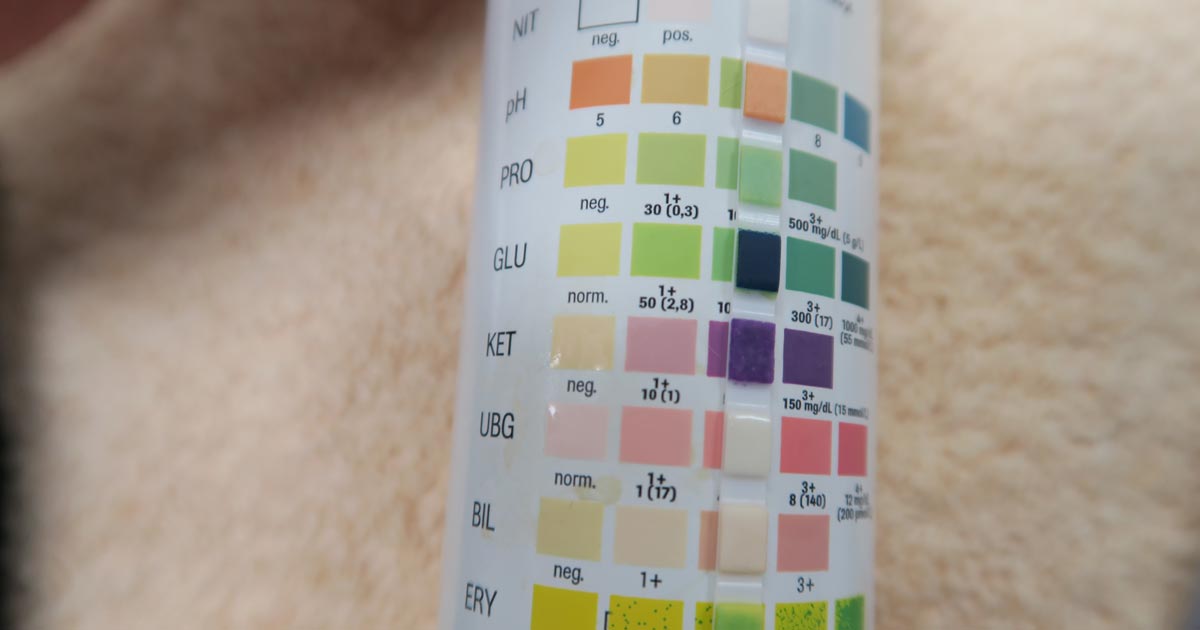Tag: Ketoacidosis
-

Ionised hypocalcaemia, pt 3: acute treatment and management
—
by
Treatment of ionised hypocalcaemia (iHCa) is reserved for patients with supportive clinical signs, then divided into acute and chronic management. Since the most common cases of clinical hypocalcaemia in canine and feline patients are acute to peracute cases, this blog will focus on the acute treatment and management of hypocalcaemia. Clinical signs The severity of…
-

Ionised hypocalcaemia, pt 1: introduction
—
by
Low ionised calcium (iCa) is a widely recognised electrolyte disturbance in critically ill human patients who have undergone surgery, are septic, have pancreatitis, or have sustained severe trauma or burns. Similar changes occur in our critical canine and feline patients, though less well documented. Calcium plays a vital role in a myriad of physiological processes…
-

Blood gas analysis, pt 1: why everyone needs to know about it
—
by
For those of you who have received referral histories from emergency or specialists hospitals, blood gas analysis is probably no stranger to you. For those who have never heard of them before, fear not – you are in for a treat. In my emergency hospital, the blood gas analyser is arguably one of the most…
-

Urinalysis: dipstick tips
—
by
Following on from July’s post entitled Urinalysis: the neglected test, let’s have a look at the dipstick – it’s a very easy part of a urinalysis and essential to perform. Here are some of my tips in regards to using dipsticks: It may sound obvious, but you should always use veterinary-specific dipsticks. Human-specific dipsticks include…
